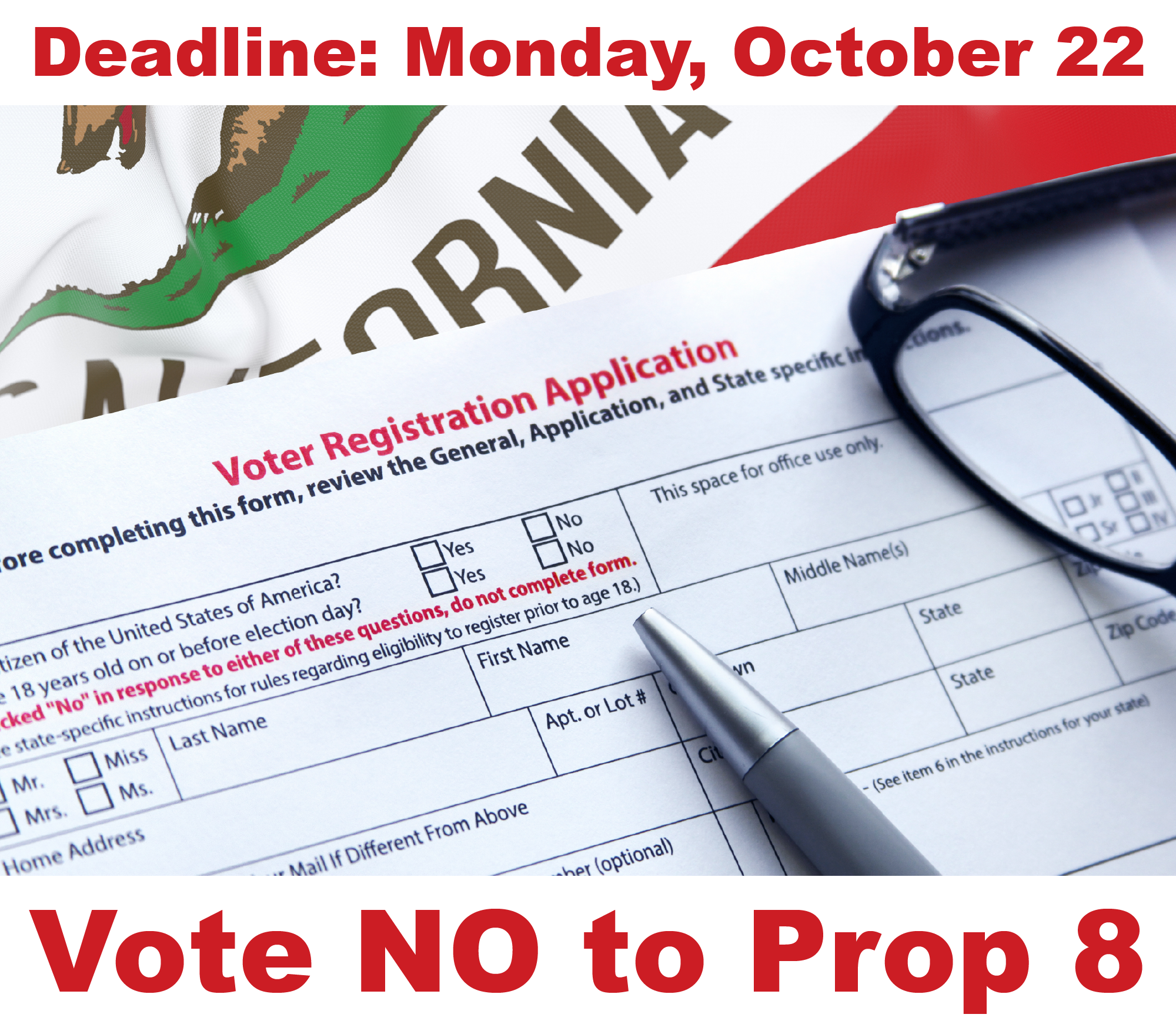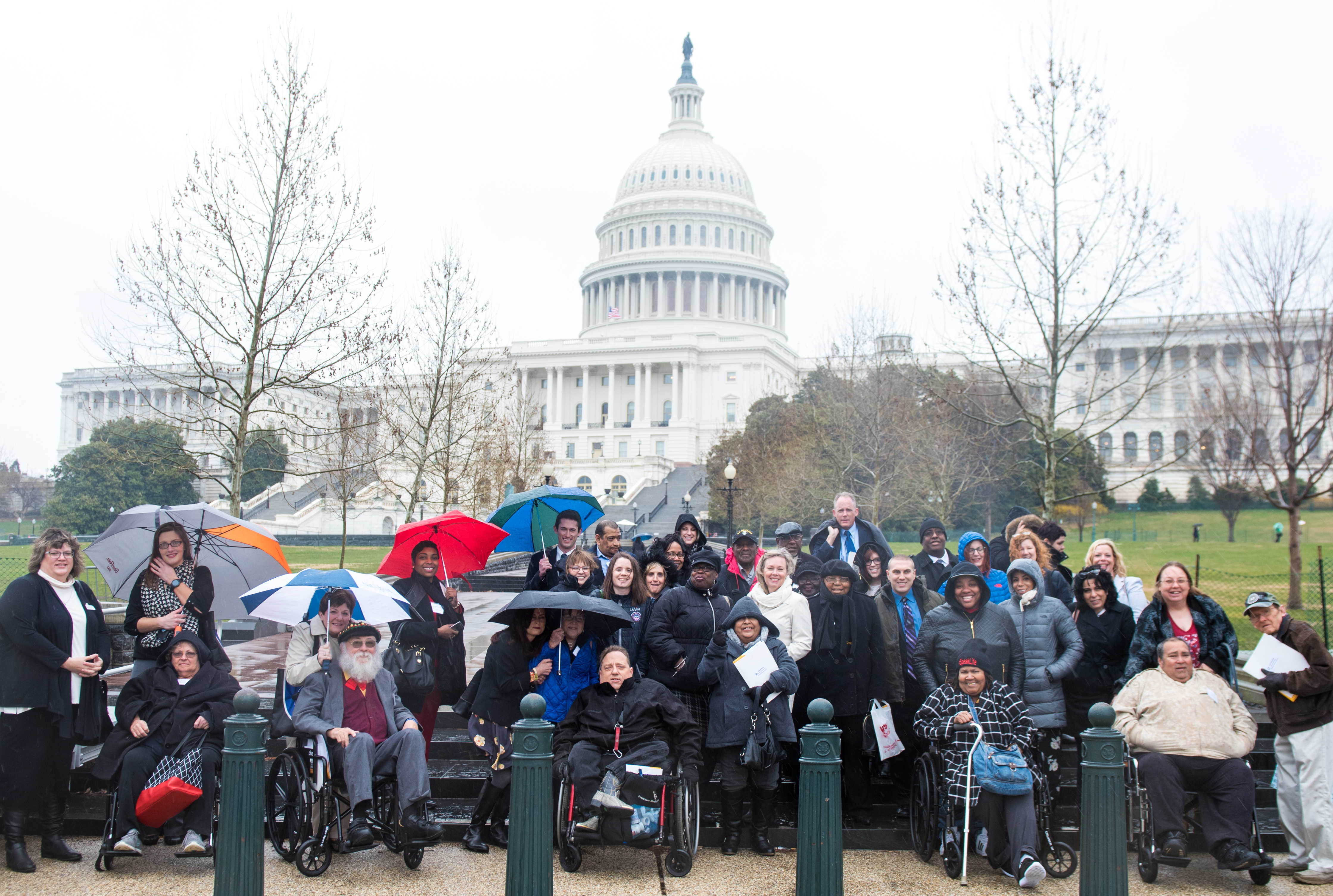Advocacy for More Care Coordination
DPC continues its advocacy in support of the Dialysis PATIENTS Demonstration Act (H.R. 4143/S. 2065), recently reaching out to members of both the House of Representatives and Senate. In our letters to Congress, we highlighted a number of important healthcare improvements for dialysis patients that are tied to the PATIENTS Act, including better care coordination, additional patient support and improved quality standards among clinics. DPC is joined by a number of organizations that agree on the potential benefits to patients in The Dialysis PATIENTS Act and have pledged their support. Click here to read DPC’s letter to the House of Representatives. [...]








